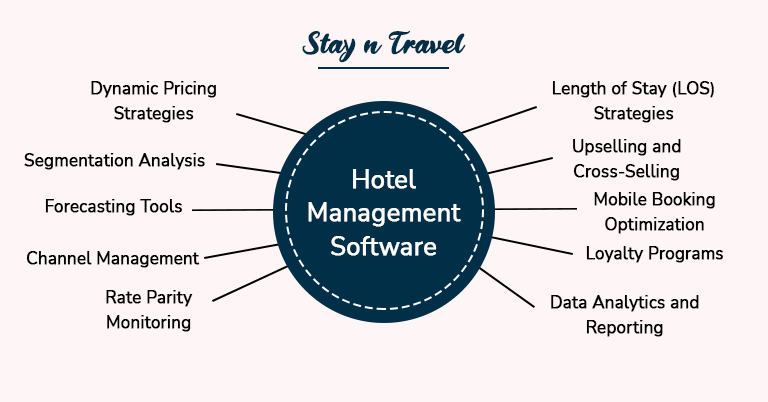In an age of rapid technological advancement, the hospitality industry finds itself at the forefront of a significant transformation. Automation is leaving its mark on every aspect of this sector, from guest experiences to back-end operations. In this blog post, we will delve into the profound impact of automation on the hospitality industry and how it is shaping the way we travel and stay.
1. Streamlining Guest Services
Automation is making the check-in and check-out processes smoother and more efficient. Many hotels now offer self-service kiosks for guests to complete these tasks swiftly, reducing wait times and enhancing the overall guest experience. Mobile apps also allow guests to manage reservations, access room keys, and request services, all from the convenience of their smartphones.
2. Personalized Guest Experiences
The ability to gather and analyze guest data has empowered hotels to provide highly personalized experiences. Automation tools can track guest preferences, such as room types, amenities, and dining options. This information allows hotels to tailor their offerings, ensuring that guests feel valued and catered to during their stay.
3. Room Automation
Smart technology has brought automation into hotel rooms. Guests can control lighting, temperature, and entertainment systems with the touch of a button or a voice command. Smart room features not only enhance comfort but also promote energy efficiency, reducing a hotel’s environmental footprint.
4. Revenue Management
Automation tools help hotels optimize their pricing strategies in real-time. Algorithms analyze market demand, competitor pricing, and historical booking data to adjust room rates dynamically. This pricing agility allows hotels to maximize revenue and occupancy rates.
5. Marketing and Guest Engagement
Automation has revolutionized hotel marketing. Automated email campaigns, chatbots, and social media integrations enable hotels to engage with guests before, during, and after their stay. These tools can provide personalized recommendations, promote special offers, and gather valuable feedback.
6. Housekeeping and Maintenance
Robotic housekeepers and maintenance devices are becoming increasingly common. These robots can clean rooms, deliver items to guests, and even perform routine maintenance tasks. By automating these roles, hotels can reduce labor costs and ensure consistent service quality.
7. Enhanced Security
Automation has bolstered hotel security. Keyless entry systems and surveillance cameras can be monitored and controlled remotely, providing a safer environment for guests and staff. These technologies also enable immediate response to security issues.
8. Data Analytics
Automation has given rise to sophisticated data analytics tools. Hotels can analyze vast amounts of data to gain insights into guest behavior, preferences, and trends. This information informs decision-making, allowing hotels to adapt to changing market conditions effectively.
9. Sustainability Efforts
Automation plays a crucial role in sustainability initiatives. Energy management systems can optimize heating, cooling, and lighting in unoccupied areas, reducing energy consumption. Paperless check-in processes also contribute to reducing environmental impact.
10. Enhanced Staff Efficiency
While automation streamlines many guest-facing tasks, it also aids hotel staff behind the scenes. Hotel PMS (Property Management System) software, for example, automates reservation management, billing, and inventory control. This efficiency allows staff to focus on delivering exceptional service.
In conclusion, automation is revolutionizing the hospitality industry, offering improved guest experiences, streamlined operations, and enhanced profitability. As technology continues to advance, hotels that embrace automation effectively will not only meet the evolving expectations of travelers but also gain a competitive edge in an increasingly competitive market. Automation is not just a trend; it’s a transformative force that is here to stay in the world of hospitality.







